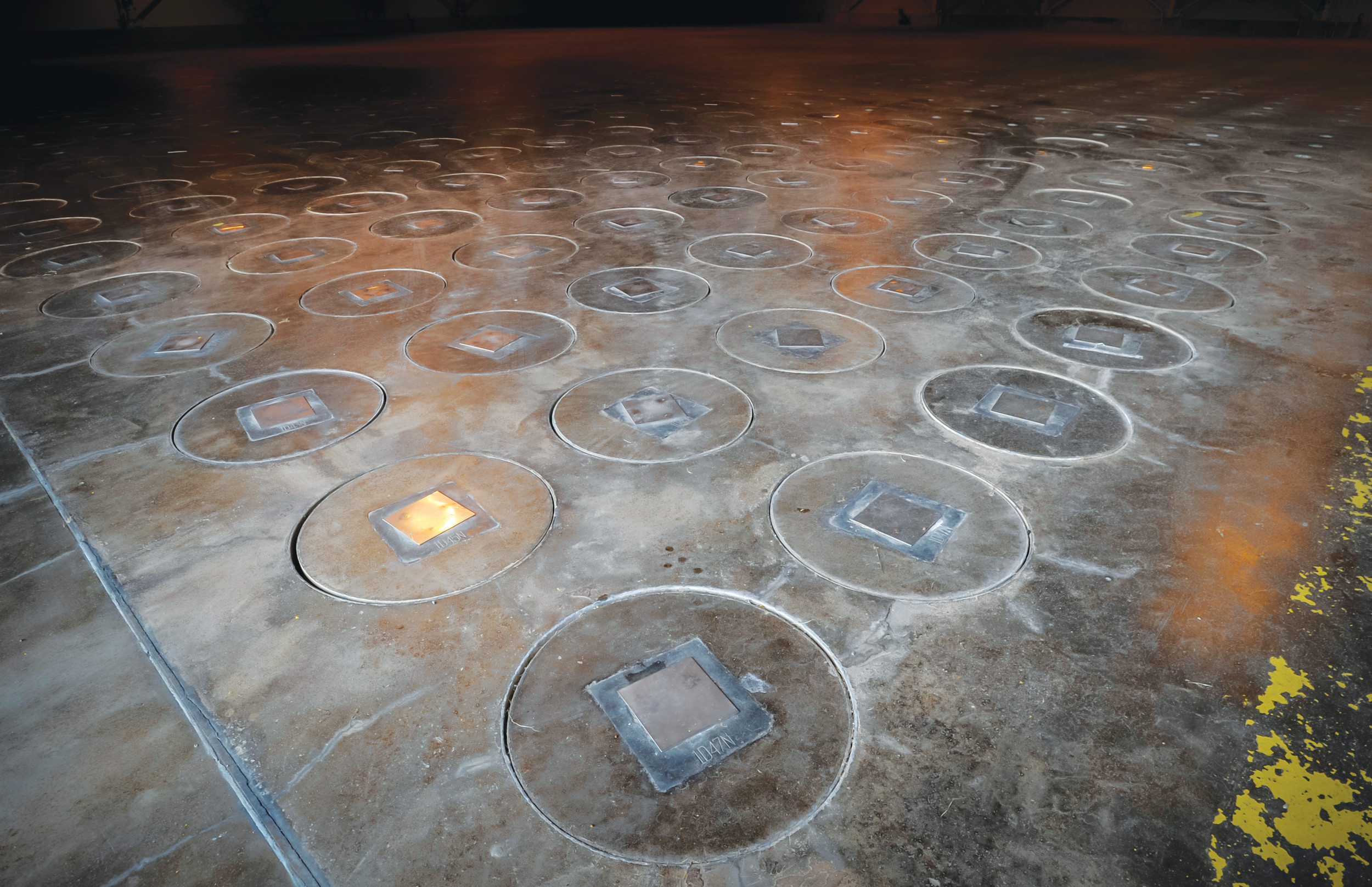Department of Energy seeks to produce plutonium pits in S.C.
The State
NORTH AUGUSTA, S.C. - As patriotic music played in the background, about 200 people listened to federal employees explain last week why the government wants to produce major nuclear weapons components at the Savannah River Site just down the road from this city on the Georgia border.
The U.S. Department of Energy is seeking to make 50 plutonium pits a year at SRS to put in nuclear weapons because it says existing plutonium supplies are getting stale.
But plenty of people disagree on whether that's a good idea - and the growing dispute came through at a forum Thursday night in Aiken County.
Opponents of the pit production facility said it's a multi-billion-dollar boondoggle that could pollute the South Carolina environment and help escalate a new nuclear arms race at a time of world instability.
SRS boosters said they're not worried. They trust the government. And they said the area needs the 1,000 jobs the plant would produce, as well as the role they said SRS could play in keeping the world safe.
Those backing the plant included retired SRS workers and representatives of the Aiken County legislative delegation, local chambers of commerce and state business alliances.
"This is critical for our nation," said John Wall, a representative of the S.C. Manufacturers' Alliance, one of the state's most powerful industrial groups. He said the project would have a "significant state and regional impact" on the economy without hurting the environment.
"It will create new investment and new jobs for this area and this region," he said.
Others said SRS had long shown that it could safely handle nuclear materials. The 310-square-mile site, developed in the early 1950s, once made components for nuclear weapons but never fabricated plutonium pits, one of the most significant parts of an atomic warhead. Those were mostly developed at the now closed Rocky Flats facility in Colorado.
Today, SRS is largely in a cleanup mode and looking for new missions. It still employs more than 10,000 workers.
Former SRS worker Moses Todd, who said he backs the pit plant, said fears of nuclear contamination are overblown. He never got sick from working at the site and isn't concerned that a new pit plant will hurt the environment or the people who work there.
Thursday's hearing drew plenty of pit plant opponents. Environmentalists from South Carolina and Georgia showed up to explain why they think the pit plant is a terrible idea.
The plant would be built on the site of the failed mixed oxide fuel facility, a project that cost the government $5 billion before the energy department pulled the plug. Some, including Savannah River Site Watch director Tom Clements, said the pit plant is part of a government effort to cover up the mistakes that doomed the mixed oxide fuel plant.
Preliminary estimates show that converting the plant from a fuel facility to a pit factory could cost about $5 billion, the same amount the government spent on mixed oxide fuel, critics said.
"I'm not looking forward to this idea of throwing more money down the pit, no pun intended," said Sierra Club member Christopher Hall. "I urge folks to reconsider this very rushed, very ill-thought-out project."
Others said nuclear materials, such as plutonium, are dangerous to workers, despite what Todd said. Plutonium can cause cancer.
Laura Dexter Lance said it's hard to trust that the DOE will protect workers at a new pit production plant. Her father worked at SRS for years, but developed a disease she thinks resulted from his employment. He is now deceased.
When boosters talk about safety at SRS, they are not talking about "the workers of my father's era," she said, comparing SRS workers to "lab rats." She said boosters of the pit plant and SRS are misinformed because they don't know much about the hazards of working around nuclear materials.
Multitudes of former federal nuclear weapons site workers are being compensated by the government after federal authorities admitted that working at places like SRS made employees sick.
The U.S. Department of Energy will use comments from the meeting to help decide what kind of issues to examine in conducting environmental studies on the proposed pit production facility. The government is taking public comments on the environmental study through July 25.
More Articles to Read

